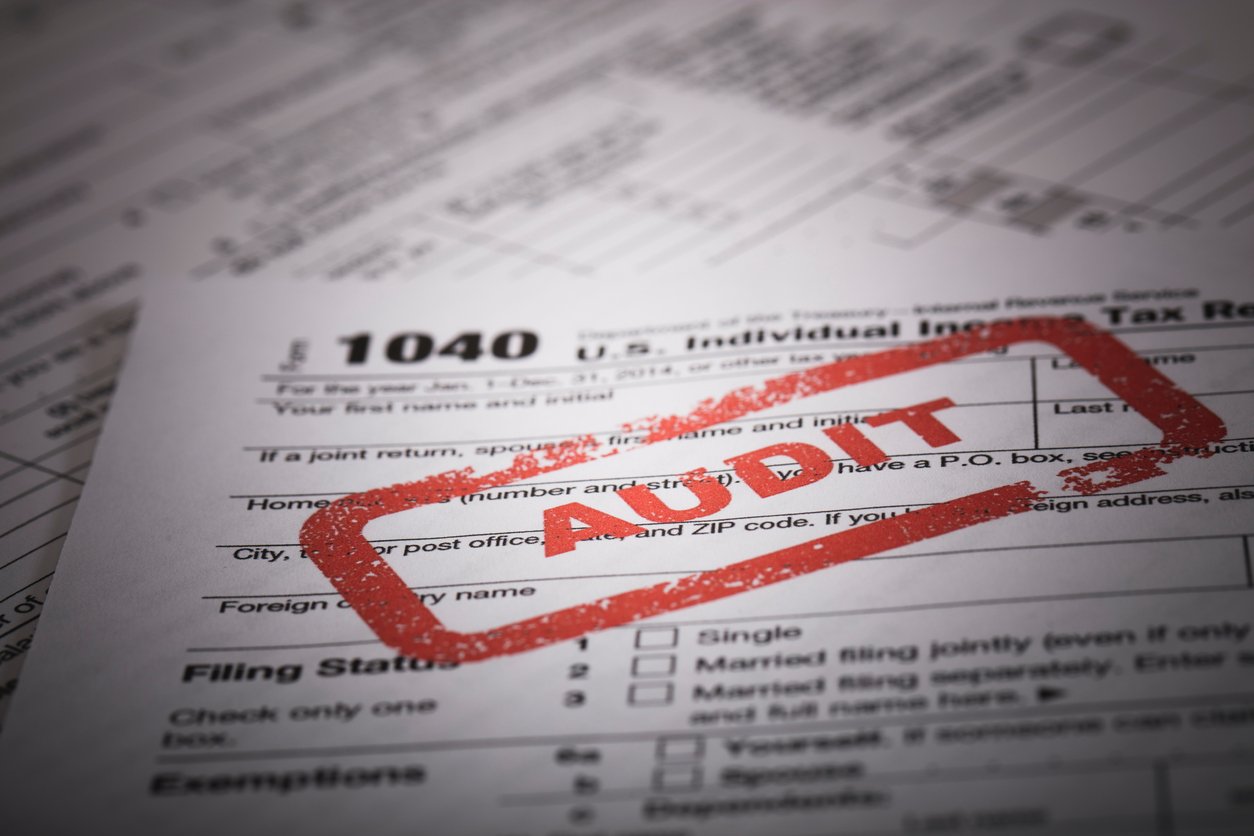
Understanding how far back the IRS can audit your tax returns is crucial for managing your financial records. The IRS statute of limitations sets the time frame for auditing tax returns, typically three to six years, but sometimes longer, depending on the tax court and specific circumstances.
Here, we’ll learn how far back the IRS can bring an audit against you. Knowing these limitations helps taxpayers stay informed and prepared, alleviating some stress associated with tax audits. Lothamer Tax Resolution specializes in guiding individuals and businesses through the complexities of IRS audits, offering expert assistance to navigate these challenges confidently.
A Closer Look At The IRS’ Statute Of Limitations
The standard IRS audit statute imposes a three-year time limit for the IRS to audit a tax return from the date the return was filed. This means that once three years have passed, the IRS generally cannot initiate an audit for that tax year. This period begins later in the return’s due date or the actual filing date of the entire tax return.
There are notable exceptions to the three-year rule. If you have substantially underreported your income by more than 25%, the IRS can extend the audit period to six years. Additionally, there is no statute of limitations for fraudulent returns or when no return is filed. These exceptions highlight the importance of accurate and timely tax reporting.
How IRS Tax Audit Works In Your Favor
Understanding the statute of limitations can work in your favor by providing a clear timeframe for audit risk. After the statute of limitations for tax refunds has expired, you can be more confident that the IRS will not review that tax year. This knowledge allows for better financial planning and record retention policies, including maintaining accurate tax records for at least three years to avoid future audits. By partnering with a trusted tax specialist like Lothamer Tax Resolution, you can become fully informed about these timeframes and how to manage them effectively.
The Most Common Reasons For The IRS To Audit You
Red Flags
Certain red flags can increase the likelihood of an IRS audit. For example, high-value deductions that seem disproportionate to taxable income, such as large charitable donations or extensive business expenses, can attract attention. Reporting significant changes in income from one year to the next can also be a red flag.
Also, mismatched income reports, where the income reported on your tax return doesn’t match the information the IRS receives from third parties like employers or banks, can trigger an audit. Ensuring all reported figures are accurate and well-documented mitigates this risk. Additionally, suppose a substantial error is identified during audit tax returns, particularly in cases of significant understatements of income. In that case, the IRS may extend the audit period beyond the typical three years, potentially up to six years.
Random Selection
The IRS uses a computerized system to select tax returns for audit randomly. This system compares your return against statistical norms and assigns a score based on the likelihood of errors. While this means anyone can be audited, maintaining accurate records and honest reporting can mitigate the stress of an unexpected audit. Most IRS audits are typically concluded within a year. Still, they can extend beyond two years depending on various factors, such as the complexity of individual tax returns and the taxpayer and IRS agent’s cooperation. Timely communication and thorough documentation are crucial to influencing the audit resolution process.
Business Audits
Small and cash-based businesses face a higher risk of being audited. Factors such as inconsistent income reporting, large deductions, and frequent losses can raise red flags. The IRS scrutinizes business expenses for legitimacy and necessity. To avoid issues, businesses should keep detailed and organized records of financial accounts, including receipts and explanations for all deductions.
With a clear understanding of the common reasons behind many audits, taxpayers can take proactive steps to assess taxes to minimize risk. Proper documentation and accurate reporting are crucial to avoiding the pitfalls that lead to IRS scrutiny. Should an audit occur, being prepared with thorough records can make the process smoother and less stressful. Consulting with a tax professional can also help navigate the audit process and ensure all documentation is in order.
What Can Lothamer Tax Resolution Do To Help?
- Expert Guidance: Lothamer Tax Resolution provides personalized strategies for audit defense, helping you navigate the complexities of an IRS audit. Our experienced professionals understand the intricacies of tax laws and can guide you through every step of the audit process. We tailor our approach to your situation so you know what to expect and how to prepare.
- Negotiation and Representation: Handling communications and negotiations with the IRS can be daunting. Lothamer Tax Resolution is your representative, managing all interactions with the IRS and IRS agents on your behalf. Our experts work to negotiate the best possible outcomes, whether it involves reducing penalties, setting up payment plans, or challenging audit findings. With us by your side, you can be confident that your interests are well-protected.
- Ongoing Compliance Support: Maintaining compliance with tax laws is crucial for avoiding future audits and penalties. Lothamer Tax Resolution provides ongoing support to ensure your tax returns are accurate and compliant. We advise on best practices for record-keeping, deductions, and reporting to minimize audit risks. Our goal is to provide continuous assistance, giving you peace of mind and helping you stay on top of your tax obligations.
By partnering with Lothamer Tax Resolution, you can confidently navigate IRS audits, knowing you have expert support and representation at every step. Our comprehensive services address your immediate concerns and help you maintain compliance in the future.
Navigating IRS Audits With Confidence
Knowledge about the IRS statute of limitations and common audit triggers, along with maintaining records of past tax returns, can help you better prepare for potential audits. Neglecting to file past tax returns can have serious consequences, including extending the statute of limitations on audits. Addressing these issues proactively and having a trusted partner like Lothamer Tax Resolution can make a significant difference.
Our tax resolution and audit defense expertise ensure you can handle any challenges. By staying informed and seeking professional guidance, you can confidently navigate the complexities of IRS audits and protect your financial well-being.
Partner With Lothamer Tax Resolution For Expert Tax Assistance
If you’re facing an IRS audit or need assistance with tax compliance, especially regarding the scrutiny of the earned income tax credit, contact Lothamer Tax Resolution. Our knowledgeable team is ready to provide expert guidance and support, ensuring meticulous documentation to safeguard against audit complications and tax evasion. Let us help you achieve peace of mind and financial stability. Contact us online or at 877-955-9020 today to learn more about our services and how we can help you navigate the complexities of tax audits and compliance.
"*" indicates required fields




